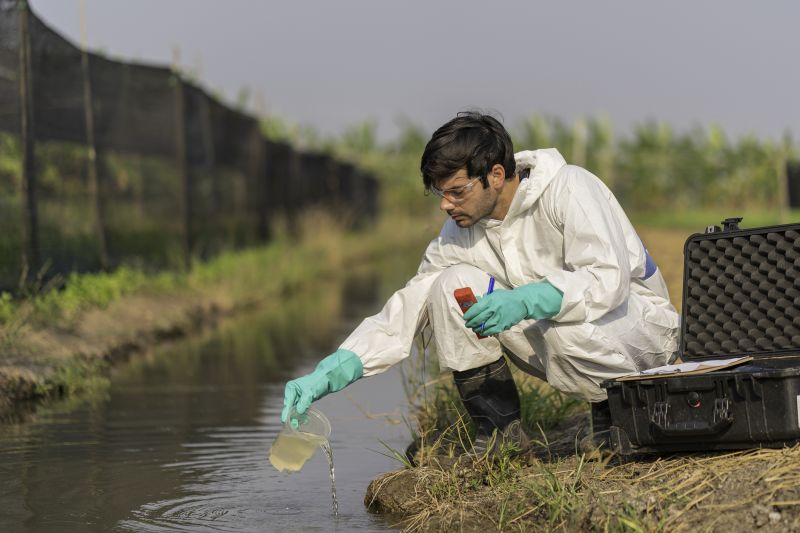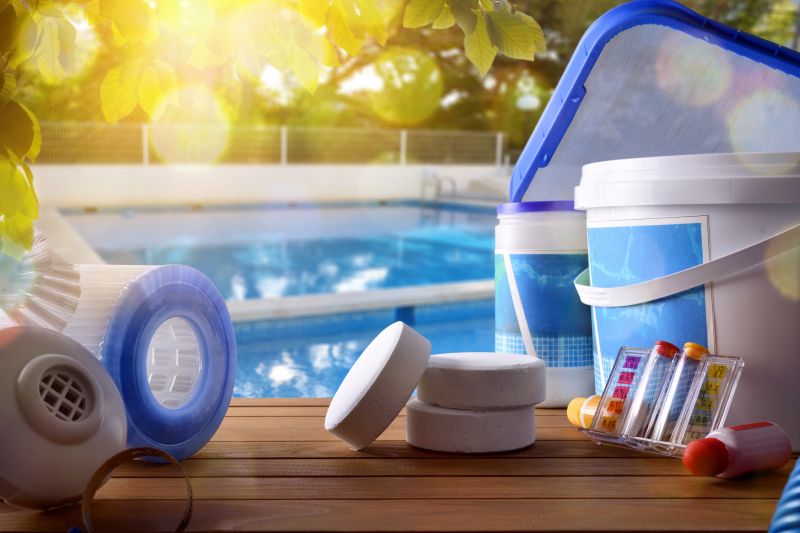Water Quality Testing Services Overview
Learn about water quality testing services and local contractors who can help evaluate and improve your water system.
- - Residential property owners seeking to ensure their drinking water is safe and clean.
- - Commercial facilities needing regular water quality assessments to meet health standards.
- - Property managers looking to connect with local water testing service providers for ongoing monitoring.



Water quality testing is an essential service for property owners who want to ensure their water is safe and clean. Local contractors specializing in water testing can perform comprehensive assessments to identify potential contaminants, impurities, or issues that may affect drinking water, wells, or other water sources. These professionals typically handle sampling, analysis, and reporting, helping property owners understand the condition of their water supply and determine if further treatment or maintenance is needed.
Connecting with experienced local service providers allows property owners to compare options and find the right experts for their specific needs. Whether dealing with concerns about water taste, odor, or safety, these professionals can provide guidance and solutions tailored to the property’s water system. By working with trusted local contractors, property owners can access the expertise necessary to maintain high water quality and address any issues efficiently.
This guide provides helpful information to understand water quality testing services and what to consider when choosing a provider. It assists in comparing local contractors and understanding the basics of water testing projects. The goal is to help visitors gather relevant details to make informed decisions about connecting with qualified service providers in their area.





